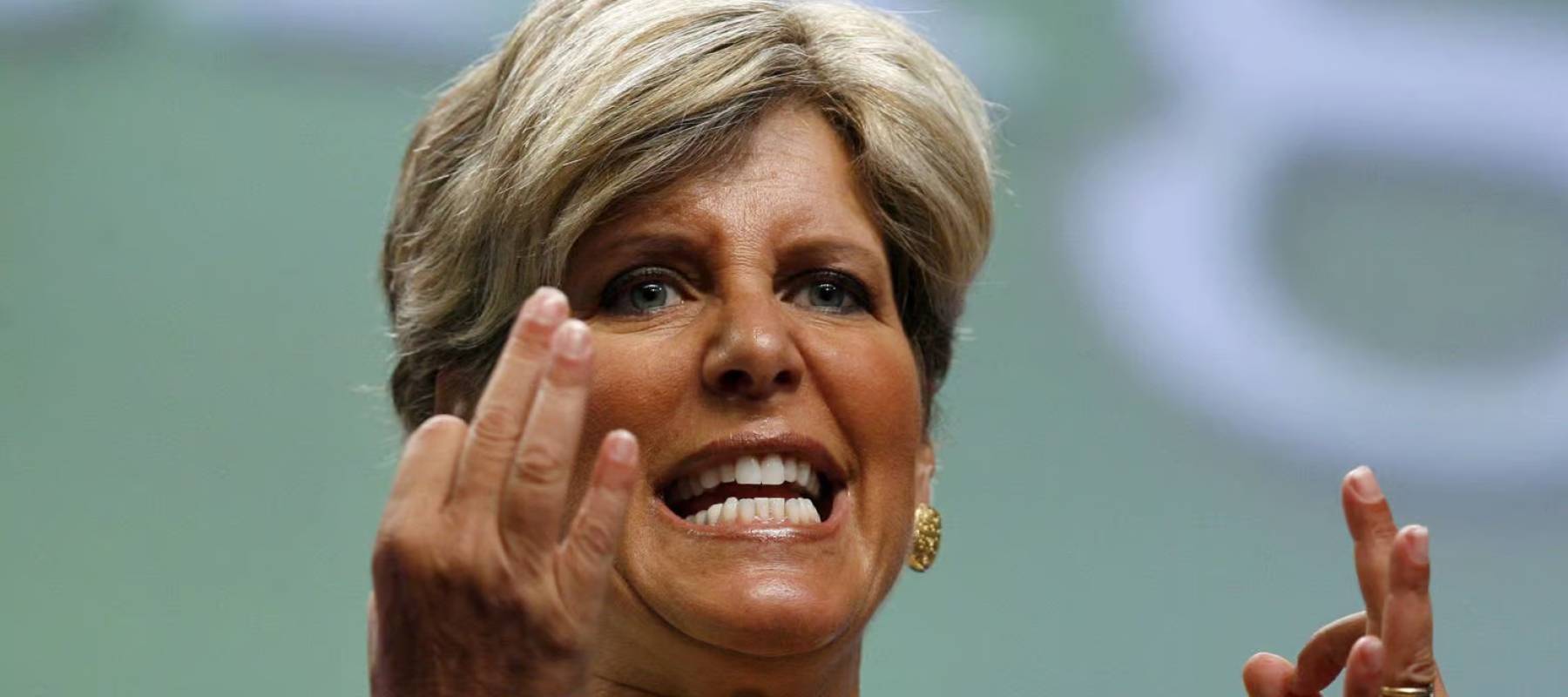Origin of the grocery rebate
The grocery rebate was a central promise during the BC NDP's recent election campaign. Designed to alleviate the rising cost of living, the initiative aimed to provide up to $1,000 to households across the province. The program was projected to cost approximately $1.8 billion, with plans to transition into a tax cut in 2026, resulting in an anticipated $1.3 billion annual reduction in government revenue.
But then, things changed. The proposed 25% tariff on Canadian goods by President Donald Trump has caused economic uncertainty that has the whole country on its heels and the provinces are responding. Finance Minister Brenda Bailey described these tariffs as "reckless" and "destabilizing," emphasizing the unpredictable economic challenges they pose. The provincial government in BC has expressed concerns about the potential negative impact on British Columbia's economy and is adjusting its fiscal plans accordingly.
Unexpected vet bills don’t have to break the bank
Spot Pet Insurance offers coverage for treatment of accidents, illnesses, prescriptions drugs, emergency care and more.
Plus, their preventative care plan covers things like routine check-ups, microchip implantation, and vaccinations, if you want to give your pet the all-star treatment while you protect your bank account.
Get A QuoteWhat the cancellation of the rebate means for British Columbia
The cancellation of the rebate means that many British Columbians will not receive the anticipated financial assistance to offset escalating grocery costs. This development could strain household budgets, especially for low- to middle-income families who were counting on this support. The absence of the rebate may lead to increased financial pressure as residents continue to grapple with high living expenses.
Politically, the decision to cancel a flagship election promise could erode public trust in the BC NDP. Opposition parties have been quick to criticize the move, suggesting that the government never intended to fulfill the rebate promise. BC Conservative Leader John Rustad accused Premier David Eby of "slow rolling this rebate since Day 1," implying deliberate procrastination.
Such critiques may influence public perception and could have repercussions in future elections.
Strategies to mitigate rising grocery costs
In light of the rebate's cancellation, there are other ways residents can adjust their spending to make up the difference of the lost funds by reducing their grocery expenses:
- Embrace meal planning: By planning meals ahead of time, individuals can create precise shopping lists, minimizing impulse purchases and food waste.
- Use coupons and loyalty programs: Taking advantage of store coupons, discount apps, and loyalty programs can lead to significant savings over time.
- Buy in bulk: Purchasing non-perishable items in larger quantities often reduces the cost per unit. Sharing bulk purchases with friends or family can also be economical.
- Opt for generic brands: Store or generic brands typically offer similar quality to name brands but at a lower price point.
- Shop seasonally and locally: Buying fruits and vegetables that are in season and sourced locally can be more affordable and supports local farmers.
Trade Smarter, Today
Build your own investment portfolio with the CIBC Investor's Edge online and mobile trading platform and enjoy low commissions. Get started today!








